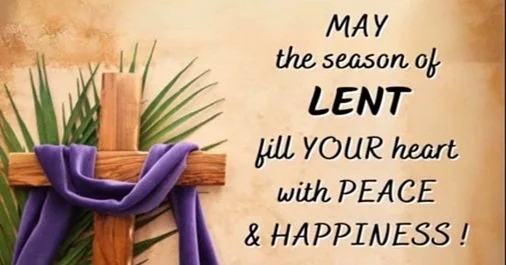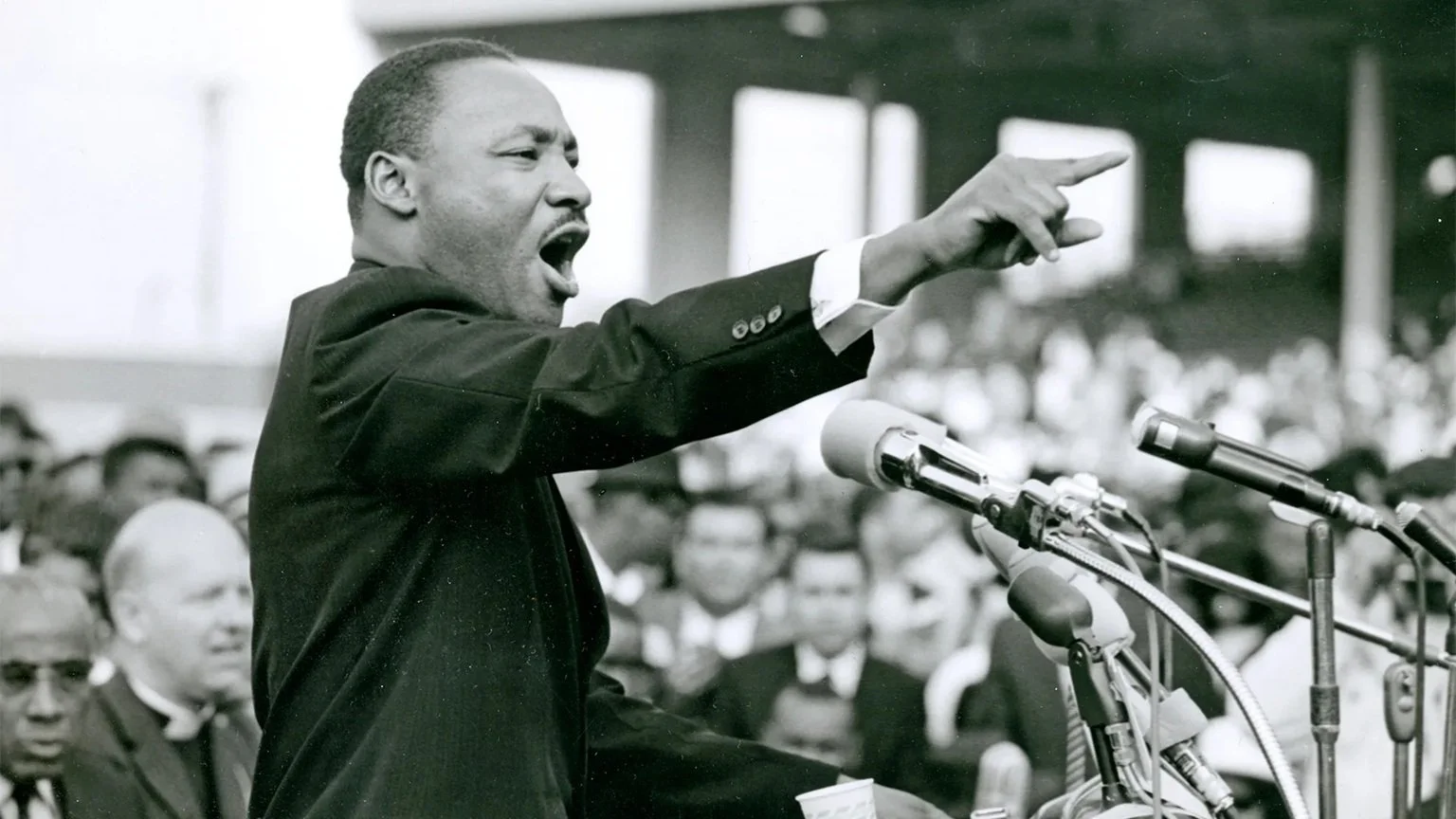The Less it Matters, The More I Know
Dear Debate Partners:
Here’s my opening disclaimer: This is not a musing about gun control. The most recent tragic carnage in Parkland, Florida, has occasioned my musing. Believe me, I have my opinions about firearms, and I’m pretty sure most of you would not find my policy proposals satisfactory. I’m also sure some of you would respond quickly and aggressively to my ideas. That’s what has me musing—how is it that people of similar experience, education and good will can be so diametrically and aggressively poised against each other?
I have a few theories about our disagreeable nature; hopefully, these are far less contentious than my bone-headed attitudes about the Second Amendment. My goal here is to lower the temperature of civil discourse, to provide some accounting for our incapacity to find compromise for the sake of a common good, or, at minimum, to create a case for constructive engagement.
I’m also not interested in suggesting civility is some treasured skill once commonly held in a pre-internet past; human history is littered with evidence of our inability to listen to one another. I would suggest it is in our nature to argue. When God asked Adam and Eve if they had eaten of the fruit, they both immediately changed the subject and blamed someone or something else.
What confuses me about most arguments over several policy issues is how aggressively we can battle over things that we most likely will never have to endure. I believe the further we are from a direct experience of a matter, the less it directly affects our lives, the easier it is for our attitudes and beliefs to become unyieldingly entrenched. Consider with whom you are most likely to start an argument. People who have little interaction with the impoverished and are the least likely to find themselves in poverty seem to have the most aggressive attitudes regarding the causes and character of the poor. Individuals living in homogeneous neighborhoods are pretty opinionated about diversity, and I hear the most confident theories about childrearing from the childless.
I am reminded of my mother, who told me a few months back they had a special program at her assisted living facility given by a nice young social worker. Her topic was “growing old gracefully.” She said the residents found her insights extremely entertaining.
My observation has been that I can most aggressively defend positions and attitudes that I am least likely to test. We tend to make up our minds about things that we will never have to mind, and there we find our temptation.
Avoiding that temptation is why I find myself spending less and less time talking about heaven or hell because it turns out my opinion will have little impact on what is objectively true. The likelihood of eternal damnation does not magically increase simply because I believe that should be your eventual destiny.
The stuff I have experienced is significantly more ambiguous than the things I haven’t. It’s much easier for me to articulate a coherent policy on social media security than it is for me to figure out what group should use the Fellowship Hall when we’ve accidentally double-booked. My problems are complicated; global issues are easy.
Working hard to avoid pointless fights, I remain,
With Love,
Jonathan Krogh
Your Pastor
Dear Answer Seekers:
As I write this morning, a streaming news program is blaring in the background with pundits bloviating their opinions regarding the United States and Israel’s decision to bomb Iran.
I remember during John McCain’s campaign against Barack Obama in 2008, he made a particularly controversial joke during a mic check at a rally; he was castigated as reckless for singing, “Bomb Bomb Bomb, Bomb Bomb Iran.” I also remember, in subsequent elections, so many candidates accusing their opponents of fostering
Dear Lenten Travelers:
Beginning this Wednesday and for the following four weeks, we will celebrate Communion in the Ashland Chapel at 6:30 p.m. and then retire to the Parlor for a study series on the politics of first century Palestine. I realize the topic may seem
Dear Fellow Failures:
We’re only a little more than a week from Ash Wednesday, which means Lent is just around the corner! I know that makes me sound a little too excited for observing a season when we are commended to reflect upon our mortality and sinfulness, but this Calvinist is always delighted to wallow in the total depravity of the human condition.
Total depravity is that doctrine of Calvinism that teaches about our permanent state of wretchedness—we are born into
Dear Fellow Gamers:
This past week I’ve been reading (listening to) a book commended at the conclusion of an Ezra Klein podcast, a space where he asks every guest to recommend three. This particular suggestion, The Score: How to Stop Playing Somebody Else’s Game by C. Thi Nguyen, is a playful mashup of cooking technique, game theory and organizational philosophy. Previously a food writer, Nguyen has brokered his personal obsessions with international cuisine, rock climbing and
Dear Winter Rushers:
The last few days of snow have reminded me of winter days over fifty years ago, racing on my Flexible Flyer from the top of the Field Club reservoir down into the gully below. In the summer it was the 10th tee of a private golf course; but in the winter, it was one of the best sledding hills in Omaha. Under the hill was a 25-million-gallon concrete container completed in 1954 by the Metropolitan Utilities District (MUD) to hold water from the Missouri and Platte Rivers. Founded in 1900 as the Omaha Cricket Association, the cricket club quickly transformed into a private golf course. By the early 1950s, memberships had declined, so the country club was all too willing to take $35,000
Dear Fellow Dreamers:
Yesterday I was honored to provide the keynote address for the La Grange Ministerium's annual Dr. Martin Luther King, Jr., Prayer Breakfast. My remarks were double the length of an average sermon, so I will not print them in their entirety. I offer this summary.
In my remarks I mused on how, not long ago, we believed we were nearing a post-racial America. We had an African American president; women were finally busting through the glass ceiling, making almost as much as their male counterparts. We had gay friends who could finally legally marry, and we were ushering in a new world that welcomed gender fluidity. All we had to do was show up, deposit our tax dollars and campaign contributions
Dear Trusting Travelers:
As you know, I’ve done a little traveling over the past few months, and although I was supposed to be very afraid about flying during the government shutdown, I blocked from my mind everything I’ve learned about commercial pilots from Lance and settled into a series of relaxing, non-eventful flights. Of far greater terror have been the trips to and from the airport. First, a shout-out to Dan Rusk, who has most graciously dropped me off and picked me up from airports. These rides have been without incident, except for the one that involved his transporting garden compost in the back of his Tesla—the lingering earthy odor that permeated my suitcase is dissipating, and being profiled as a serial killer by TSA for the next few flights did break up the humdrum drudgery of air travel. I’ve also gotten way better at holding up my pants without a belt while walking through the metal
Dear Fellow News Junkies:
Some recent items in the media have revealed to me that I have a problem: politics has taken inappropriate residence in my head and heart.
A series of events taking place thousands of miles away from me, perpetrated by people I’ve never met, executing actions completely out of my control, have affected my demeanor, my energy, even my ability to concentrate on routine activities of daily life. This should not be acceptable. But like an addict believing the only resolution to feelings of withdrawal is another fix from the addictive substance, I am driven to doomscroll and double down on my helplessness. Of course, the purveyors of the addictive information are more than willing to leave little breadcrumbs of clickbait, driving me even deeper into a spiral of illusion. I jump back to my newsfeed to read one more update. If only I could discover the missing piece of data, an interview, a smoking gun, proof granting me that ‘gotcha’ moment of satisfaction, then I could regain control over my life
Dear Christmas Celebrators:
Closing out the Christmas season and its twelve days, I want to take one quick look as to how the church determined that December 25 was the magical day of Christ’s birth. Like so many who had taken high school Latin, I was taught that the Christian community was bummed out during winter solstice because the Romans celebrated the occasion with bacchanalian debauchery in a festival called Saturnalia. The party was named for and recognized Saturn, god of agriculture, wealth and the mythical "Golden Age" and called for gift giving, singing, drinking—pretty much everything we associate with a 1950s office party. Christians, it was
Dear Christmas Dreamers:
Christmas memories are as ethereal as frost etchings on a windowpane. We remember them as beautiful, and because of that unusual bonding angle of frozen water, we recall their six-pointed fractal symmetry; but the specifics of any particular pattern melts from our memory, and we are left with more of a feeling than a retraceable image. Such are my recollections of Nicholas Rudall, Classics professor at the University of Chicago, who in his spare time transformed the Court Theater from an outdoor summer drama club into one of the most influential artistic organizations in Chicago.
Rudall was a Welshman, and every December he would recite A Child’s Christmas in Wales in Ida Noyes Hall as a fundraiser for the Court. I heard his program many times while living in Hyde Park, and each performance felt as if Dylan Thomas
Greetings Light Bearers:
Hanukkah (or Chanukah) has begun, and Christmas isn’t very far away. Even Chicago’s weather has helped these past few days as we have experienced a very bleak midwinter, a carol that mentions snow no fewer than five times in the first verse. (For those who think modern praise music is too repetitious, consider that the word “Hallelujah” is sung 16 times in Handel’s Chorus, not counting contrapuntal hallelujahs throughout all four parts.)
The world has hushed this year with a terrorist attack against Australian Jews celebrating the first night of Hanukkah with a trip to the beach. The absurdity of violence has shaken the Australian public, as this is their first mass shooting since the Port Arthur violent attack in 1996. For us Americans it merely disappears into our barrage of rapid-fire
Dear Christian Soldiers:
When the current administration lost its stuff over the suggestion that American soldiers were not only free to disobey illegal orders but were required by military code to do so, their reaction became a crystallizing moment of clarity for me.
My own Christian journey was forged in the incubator of the religious right. Its expression in my youth was detached and distrusting of politics. The key to a radically successful life was obedience to what God intended for each of us, and I was taught that governmental authorities could never possess the tools of righteousness. In fact, we made fun of mainline denominations because of their acquiescence to civil religion with their scout troops in their church basements, candidate forums in their social halls and anti-war protests in the streets. We taught that Christians made better citizens precisely because our allegiance was to righteousness, not politics. We believed
Dear Energy Savers:
We’re at the precipice of the Advent Season, which most years begins on the Sunday following Thanksgiving. I say most years, because Advent begins on the fourth Sunday before Christmas, which means anywhere between November 27 and December 3, whereas Thanksgiving is always the fourth Thursday, which means anytime from November 22 to November 28. In months with five Thursdays, Advent is the second Sunday after Thanksgiving. But the relationship between Thanksgiving and Advent is not where my mind is musing today.
My concern this Monday is emotional waste, which I think accounts for what is popularly called compassion fatigue. Now emotional things like compassion are not zero-sum commodities, but time and personal resources are, so while you can expand your capacity for compassion, you don’t suddenly have
Dear Documentary Devourers:
I watched the first installment of Ken Burns’ The American Revolution last night. I was looking forward to it since I’m a big fan of his previous documentaries. It had been a long Sunday, so perhaps my review should be taken with a grain of sleepy salt, but I did not find it riveting. Burns’ technique of tightly focused slow pans of images is his trademark, used brilliantly in his magnum opus, The Civil War, 35 years ago (gosh, I’m old). I discovered—while attempting to make a video documentary on the history of FPCLG from our own archives—that it’s not an easy style to master. (The fact that you’ve never seen it is an indication of how bad I am at reproducing the style.) The slow-moving video treatment of Revolutionary War paintings and portraits lacked the same visual power when focused on Civil War photographs. I found myself thinking more about how oil paintings crack and gloss through the decades than about the smug lack of understanding captured by the artist in the eyes of British General Thomas Gage. I did find some of the educational links on the PBS website helpful and realized this was more than a documentary film. It is a complexly layered masterpiece
Dear Pledging People:
Well, once a year or so it’s time for the pastor to write a newsletter article focusing on pledging for the coming year. Those who have become familiar with my musings know just how ambivalent I am regarding this task. I think it naïve to presume that a few paragraphs from the pastor will unlock the floodgates of your generosity, but there’s a rhythm to the seasons, and the calendar reminds us that November 16 is Commitment Sunday, the day we ask for the annual return of pledges for the coming year (although we’ll happily receive pledge cards for 2026 well into the spring).
I’ve consulted some websites that assure me their helpful templates and guidance will assist me in drafting the 'perfect ask'. So, with full transparency (recommendation number 8), here’s my pledge drive letter, using all 12 surefire steps.
Dear Fellow Time Travelers:
On the eve of turning 65, I believe I’m a bit younger than I thought I would be at this age. On the other hand, I remember my dad saying that when he was a kid, he wondered why old people walked the way they did. Then he got older and found out your gait shifts because things hurt. I think about that every time I see a video of me walking—I shift from side to side like an elderly penguin. Sometimes on my longer walks I try to refine my stride to appear younger, shifting my hunching back upward, attempting to recall the full six-foot measure recorded on my driver’s license.
A decade or so ago, when I moved into my current office, I carried
Dear Fellow Codgers,
Well, we got our new street [see last week’s musing here]. It’s smooth and neatly black-topped with new crosswalk lines cleanly heat-fused into the asphalt. I even got a call from the alderman’s office letting me know they had learned the start date for the project—while it was being done. I also got a text message from my oldest sister who had read last week’s Musing and informed me I was way too young to be such a grumpy old man (older sisters are really good at pointing out the obvious).
So, I’ve changed my disposition in preparation for my birthday. I’ve decided to become that kindly old guy on the block who compliments
Dear Partners in Powerlessness:
The loss of control is never fun. Despite what I preach and affirm to believe each Sunday, the affirmation that God is in control and “though the earth should change, though the mountains shake in the heart of the sea, though its waters roar and foam, though the mountains tremble with its tumult (Psalm 46.2b-3), God is [my] refuge and strength, a very present help in trouble. Therefore, [I] will not fear (Psalm 46.1-2a)”...still, I’m really bad at being powerless.
My little stretch of street in Chicago, 110th Street between Campbell and Rockwell, was graded in preparation for resurfacing about three weeks ago. Orange signs affixed with stretch-wrap announced a temporary closure, the dates and times filled in, handwritten with a Sharpie (seemingly the new marker of administrative certainty) in print so small that one needed to get
Dear Good People of La Grange, IL/TN:
Last week I spent a few days in Memphis, TN, visiting my friend The Reverend Dr. R. Milton Winter (retired), a former colleague of the Fourth Presbyterian Church of Chicago. We spent one evening with Steven Smith, Director of Finance & Operations of Calvary Episcopal Church, Memphis. His residence is Tiarra, the former home of Franklin D. Cossitt, founder of La Grange, IL, and former resident of La Grange, TN. We also visited Immanuel Episcopal Church in La Grange, TN, a house of worship significantly more modest than Emmanuel Episcopal Church in La Grange, IL, but a tidy space appropriately appointed and substantially restored in 1977.
Immanuel Church (it is unclear why Cossitt spelled Emmanuel
Dear Dreaming Ones:
I received a phone call yesterday from an old friend in a near panic because a former neighbor had been picked up by ICE. This wasn’t some landscaper or shelter-abiding, drug-dealing day-labor roofer; this was a homeowner, father of an intact family with high school age kids. He had, until recently, been a dreamer—someone who came to this country as a small child with his parents who entered the country without appropriate documentation. As an adult, he was processing his immigration paperwork with an attorney through the proper channels. His immigration status was pending in a sea




















